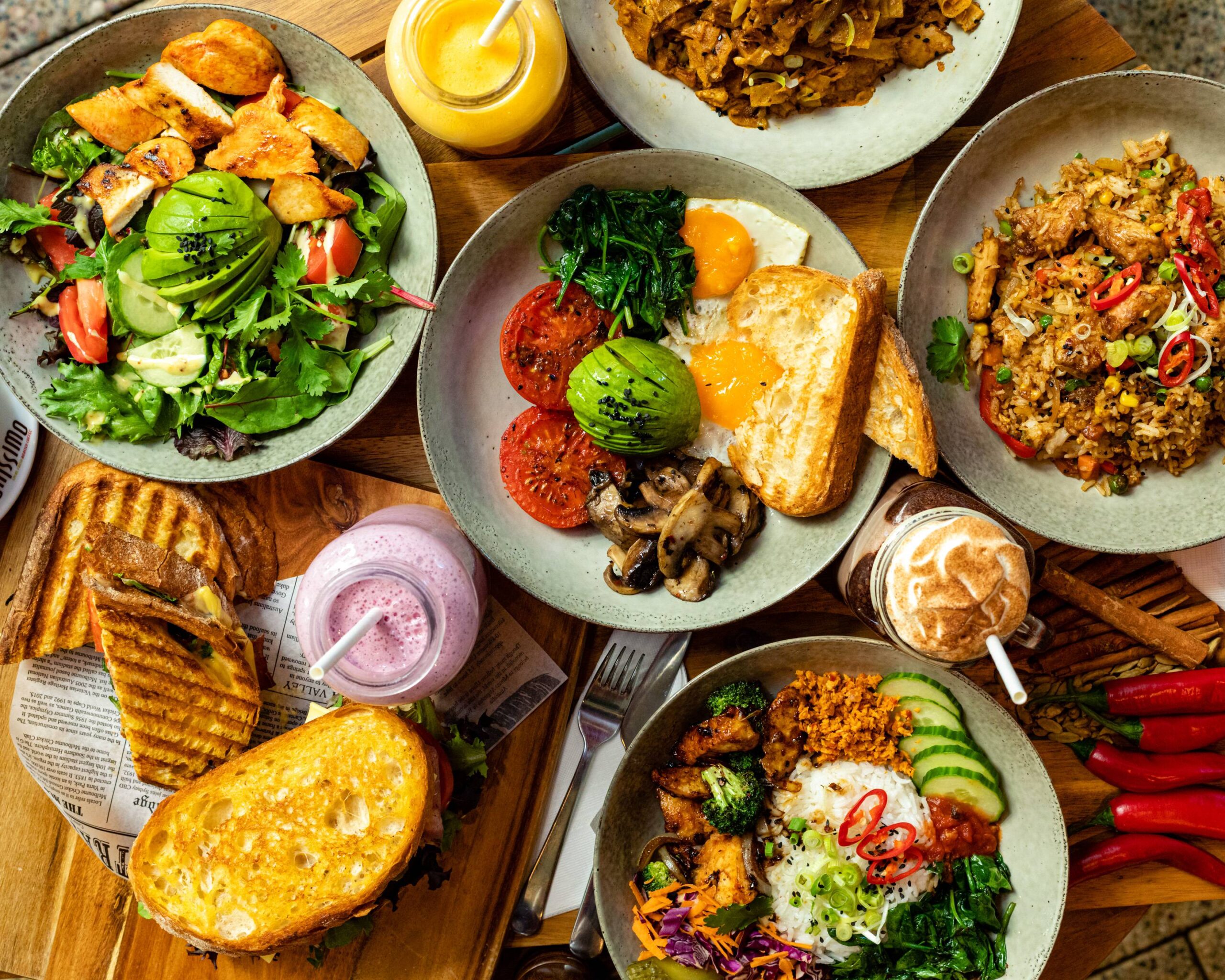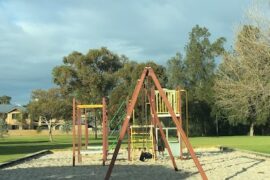Unlock the Joy of Healthy Eating for Your Children with Exciting Games in Sydney
Welcome, Sydney parents! In a bustling city like ours, ensuring that our kids develop healthy eating habits can be as challenging as navigating the busy streets during rush hour. But fear not, for we’re here to transform this hurdle into an adventure filled with laughter and learning. Let’s explore some fantastic healthy eating games that are not just great fun but are also packed with educational value for the little ones.
Why Healthy Eating Games?
Before we dive into the heart of our guide, it’s crucial to understand why games can be such powerful tools in teaching kids about healthy eating. Games can help children develop a positive relationship with food, learn about nutrition in an interactive way, and encourage them to try new, healthier foods they might otherwise avoid. The magic of games lies in their ability to engage kids on multiple levels – sensory, cognitive, and emotional – making them ideal for parents seeking to instill healthy habits.
Fruit and Veggie Hunts in Sydney Parks
One of the easiest ways to get kids excited about fruits and vegetables is to turn it into a treasure hunt! Sydney’s beautiful parks offer the perfect setting for such an adventure. Organize a Fruit and Veggie Hunt by hiding plush toys or laminated pictures of various fruits and veggies around a local park. Arm the kids with a list, and watch as they scurry around sniffing out their colorful quarry. This game not only gets them moving but also starts a conversation about different types of produce and their benefits.
The Farmers’ Market Challenge Game
Sydney boasts an array of lively farmers’ markets, ideal for a “Farmers’ Market Challenge”. Here’s how to play: give your child a shopping list of healthy items to find, and let them navigate the stalls to tick off each item. This helps them recognize and select fresh produce and can also involve budgeting with pretend or real money. Encourage them to ask the vendors about the food, fostering curiosity and communication skills in the process.
The Colorful Plate Challenge
Next up is the Colorful Plate Challenge, a game perfect for home dining. Challenge the kids to create the most colorful plate using only wholesome foods. This game teaches color recognition, encourages creativity, and promotes a diet full of different nutrients. Take pictures of their creations and share them on a family healthy eating group chat or scrapbook as a way to celebrate their healthy choices.
We have just scratched the surface of the delightful world of healthy eating games in Sydney. Parents can be at ease knowing that these activities not only provide quality family time but also lay the foundation for lifelong healthy eating habits in their kids. Stay tuned for more tips and tricks as we further explore the nutritious world of fun and games!
After all, teaching our kids about healthy eating doesn’t have to be a tiresome lecture. With these playful strategies, you’ll find your children begging for more greens, eager to explore the world of healthy foods, and maybe, just maybe, you’ll catch them playing the “veggie detective” on their own time. Who knew learning could be packed with so much joy and excitement? Follow along as we discover even more innovative and engaging ways to inspire healthy eating habits in children!

5 Things Parents Should Know When Preparing Healthy Eating Games in Sydney
Now, let’s sprinkle some handy tips into our nutritious mix! Here are five key things Sydney parents should keep in mind when preparing for healthy eating games:
1. Understand Your Child’s Dietary Needs
Each child is unique, and so are their dietary requirements. Some might have allergies or sensitivities, while others could be fussy eaters. Before planning any game or activity, it’s essential to understand these particulars to ensure a safe and inclusive environment for every young participant.
2. Seasonality and Local Produce
Educating kids about seasonal produce not only informs them about nutrition but also about the environmental benefits of eating locally. Plus, fruits and veggies just taste better when they’re in season! Check what’s currently in harvest in Sydney and incorporate these items into your games.
3. Encouraging Safe Food Handling
Healthy eating isn’t just about nutrition; it’s also about food safety. Introduce simple hygiene practices in your games, like washing hands before handling food or teaching the right way to wash fruits and veggies. This can be a sneaky way to instill good habits.
4. Balance Competition with Cooperation
While some healthy competition can be fun, emphasize cooperative play to encourage teamwork and sharing. This approach ensures that the focus remains on learning and enjoyment rather than just winning or losing.
5. Make it a Regular Event
Consistency is key when establishing healthy eating habits. Try to make these games a regular part of your routine. Whether it’s a weekly Colorful Plate Challenge or a monthly visit to the farmers’ market, regularity will help cement these concepts in your child’s mind.
Armed with these tips, you’re all set to embark on a culinary adventure with your little ones! So pop on those chef hats and explore Sydney’s fresh offerings with gusto. As you navigate this journey, remember that your enthusiasm and participation will be the secret sauce to your children’s blossoming love for healthy foods.
There’s a world of flavors and nutrients waiting to be discovered right at your doorstep, and with a dash of creativity, your family’s path to a healthier lifestyle can be just as thrilling as a day out at the beach or a trip to the zoo. Keep the conversation about healthy eating alive, make learning about food a joyous experience, and watch as your kids grow into food-smart individuals with a passion for all things green and nutritious. Ready, set, play!
For more great articles please see here. For more information see here
Disclaimer
The articles available via our website provide general information only and we strongly urge readers to exercise caution and conduct their own thorough research and fact-checking. The information presented should not be taken as absolute truth, and, to the maximum extent permitted by law, we will not be held liable for any inaccuracies or errors in the content. It is essential for individuals to independently verify and validate the information before making any decisions or taking any actions based on the articles.




